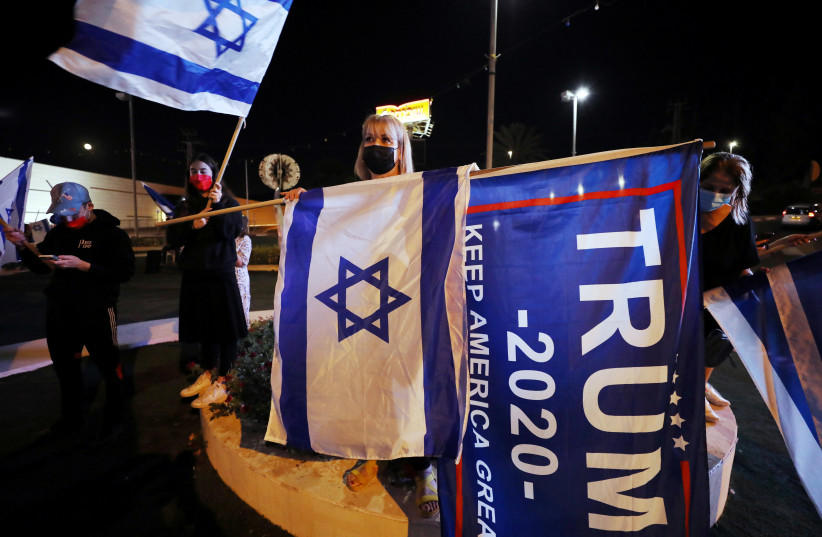New US Guidelines for Engagement with Taiwan: Changes in Taiwan’s International Status
(Taiwan) on 1 April 2021
by Yixin Chen (link to original)
Since the severing of diplomatic relations between Taiwan and the United States in 1979, the relationship between Taiwan and the U.S. has come far from its lowest points in the early days, suffering its share of both the sweet and the bitter. Because of President Jimmy Carter's efforts to curry favor with Beijing and ally with China to curb the Soviet Union, many restrictions were placed on the interactions between U.S. and Taiwanese officials. Taiwan could not even invite the U.S. secretary of agriculture to its National Day celebration in Washington, D.C., at the time.
Interaction between U.S. and Taiwanese officials only improved slightly during the Ronald Reagan administration. The most significant change occurred during the Bill Clinton administration. In 1994, U.S. Assistant Secretary of State for East Asia and the Pacific Winston Lord's "Taiwan Policy Review" renamed Taiwan's unidentified office for North American affairs as the Taipei Economic and Cultural Representative Office, and relaxed restrictions on official contact between the two nations. With the exception of Taiwan’s four most senior officials (president, vice president, premier, and vice premier) and our ministers of foreign affairs and national defense, who are not allowed to visit Washington, all other officials are allowed to visit their counterparts in Washington, D.C.
The Joe Biden administration's new guidelines for interactions with Taiwan officials will not only further liberalize relations between the U.S. and Taiwan, but also encourage Taiwan to send officials to interact with the U.S. government and its diplomats on issues that are mutually beneficial or involve third-party countries and are consistent with U.S. strategic, military, economic and political interests in certain regions.
Surprisingly, Beijing is not flying into a rage this time, but has only asked Washington to "tread carefully" to avoid harming U.S.-China relations. There are at least three reasons for Beijing's restraint in response to the U.S.' new guidelines for interactions with Taiwan officials.
First, this is not a new policy of the Biden administration, but a policy handed down from the Donald Trump administration. During Trump's presidency, Congress passed and implemented the Taiwan Travel Act and the Taiwan Assurance Act, urging the executive branch to encourage exchanges between U.S. and Taiwan officials. Second, based on experience from the high-level U.S.-China talks in mid-March, Beijing knows that the fiercer the criticism from China, the stronger the backlash from the U.S. Third, before issuing the guidelines, the U.S. had already reassured Beijing that it would abide by the "One-China" policy.
This adjustment in U.S. policy will certainly affect Taiwan's status on the international stage. For instance, Chargé d'Affaires ad interim at the U.S. Embassy Tokyo Joseph M. Young announced on Twitter on March 4 that he had invited Taiwan's representative to Japan, Frank Hsieh, to a meeting at the ambassador's residence, boosting Taiwan's international status. The recent visit to Taiwan by U.S. Ambassador to Palau John Hennessey-Niland, along with Palau's President Surangel Whipps Jr., has also made the world aware of Taiwan's plans to further participate in the Indo-Pacific strategy through maritime patrol cooperation.

/cloudfront-us-east-1.images.arcpublishing.com/tgam/IPP2LW3UTZGXJBOP6ALH4R22SM.JPG)
